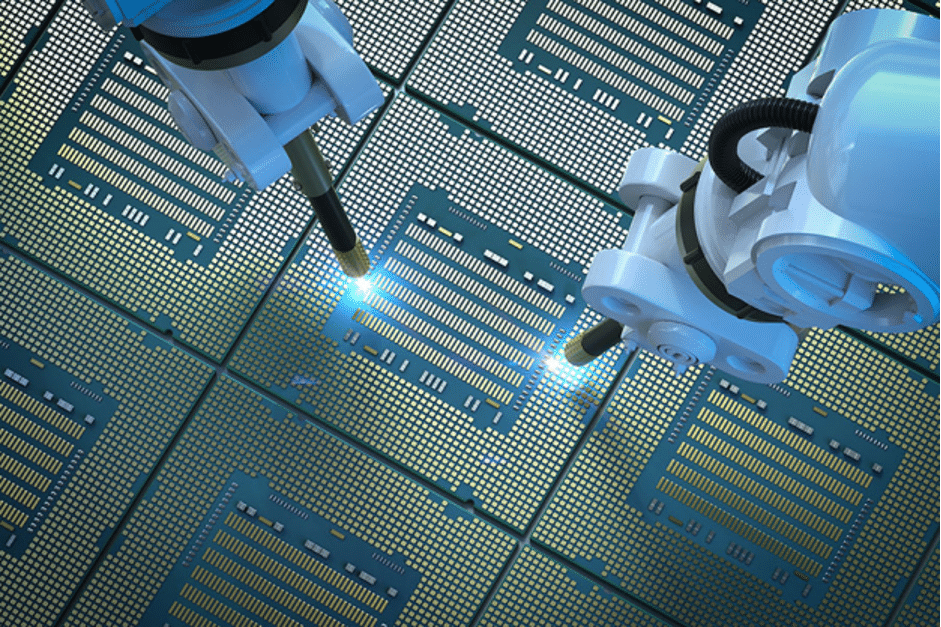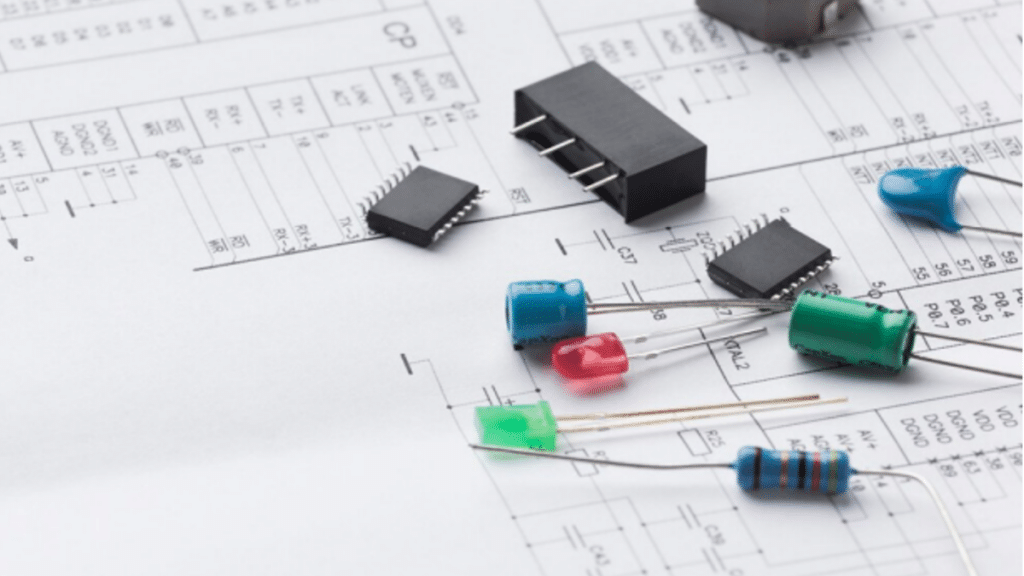Electronic components are pivotal in powering numerous devices and systems across various industries. They form the building blocks of electronic devices, enabling functionality and performance.
Electronic components encompass a vast array of parts, each serving a distinct purpose in the functioning of electronic devices. These components are the backbone of modern electronics, from resistors and capacitors to transistors and diodes. Industries such as telecommunications, defense and aerospace, automotive, healthcare, and consumer electronics heavily rely on these components to create cutting-edge products and systems that enhance our daily lives.
The passage will explore more on what you need to know about the electrical components list.
Classification of Electronic Components List
The electronic components list is divided into different categories, and the specific categories are listed below:
. Resistors: Resistors are essential in controlling electric current come in various forms, including fixed and variable types. These components empower engineers to fine-tune voltage and current levels, ensuring optimal performance in a range of applications.
. Capacitors: They play a pivotal role in energy storage, serving purposes such as filtering and coupling. Their versatility caters to a broad spectrum of applications, guaranteeing efficient energy management within electronic circuits.
. Transistor: It’s a semiconductor device of paramount importance, amplifies signals and acts as an electronic switches. Their versatility, encompassing NPN and PNP types, forms the foundation for robust amplifiers and digital logic circuits.
. Integrated Circuits (ICs): ICs usually epitomize miniaturization, housing thousands to millions of components on a single chip. This innovation serves as the backbone for modern electronic devices, driving efficiency and performance.
. Microcontrollers and Microprocessors: They act as the intelligence behind electronic systems. With powerful CPUs, microcontrollers and microprocessors enhance functionality and processing capabilities, propelling electronic devices into the realm of smart technology.
. Connectors: Connectors ensure seamless integration with external devices. From USB connectors to power interfaces, this category facilitates robust connectivity for a myriad of applications.
. Sensors: Sensors are pivotal in detecting and converting environmental changes into electrical signals. Whether monitoring temperature, light, or motion, sensors provide valuable data for a diverse range of applications.
. Voltage Regulators: This category is crucial for safeguarding sensitive components and ensuring a consistent power supply in dynamic operating conditions.
. Relays: Relays and electrically operated switches offer efficient power control and isolation. Their versatility makes them indispensable for managing high-power devices with precision.
. Potentiometers: Potentiometers, or variable resistors, provide flexibility in circuit adjustments. Whether it’s volume control or tuning, these components enable engineers to tailor resistance to specific needs.
The Importance of Different Components in Electronics
Each component within the list above plays a crucial part in shaping the functionality, efficiency, and innovation of electronic devices. Let’s delve into why these components are the backbone of the electronics landscape.
1. Foundation of Functionality
The Electronic Components List serves as the foundation upon which electronic devices are built. From the simplest gadgets to complex systems, each component contributes to the overall functionality, ensuring seamless operation.
2. Interconnected Synergy
Think of electronic components as the building blocks of an interconnected ecosystem. Resistors, capacitors, transistors, and more work harmoniously to create circuits that power our daily lives. This synergy is fundamental to the reliability and performance of electronic systems.
3. Customization and Adaptability
The versatility of the Electronic Components List allows engineers and designers to customize circuits for specific applications. Whether it’s fine-tuning resistance with potentiometers or regulating voltage with precision using voltage regulators, customization is key to meeting diverse electronic needs.
Choosing the Right Electronic Components List for Your Business
Choosing a high-quality electrical components list is exceptionally crucial. With so many brands and manufacturers on the market, you need something that gives you value for your money. Here’s a guide on choosing the right components from the list to ensure optimal performance and reliability.
. Understand Your Requirements
. Compatibility Matters
. Consider Environmental Conditions
. Quality Over Cost
. Source from Reputable Suppliers

Cytech Systems: Wholesaler of Reliable Electronic Component List
If you’re looking for an electronic components wholesale provider? Consider Cytech Systems. As a leading distributor of electronic components, the company is committed to providing the industry’s high-quality electronic parts.
At Cytech Systems, quality is paramount. The company has its own testing laboratory and a comprehensive quality control system. Each product is inspected and verified by experienced engineers, who process and archive the detailed inspection process, including microscopic inspection and full image acquisition. Its quality control procedures are meticulous and securely stored, ensuring product quality through multi-level quality inspections. In terms of packaging, Cytech Systems adopts anti-static packaging and labeling, ensuring precise control of humidity, a fast and safe transportation process, and economical solutions, providing customers with quality products and excellent service.
Conclusion
Understanding the significance of electrical components lists and their classifications is essential in developing and maintaining innovative electronic systems. With Cytech Systems’ commitment to providing reliable electronic components, businesses can ensure the seamless operation and longevity of their products and systems in an ever-evolving technological landscape. If you would like more information, please click on the website and tell them your needs.
